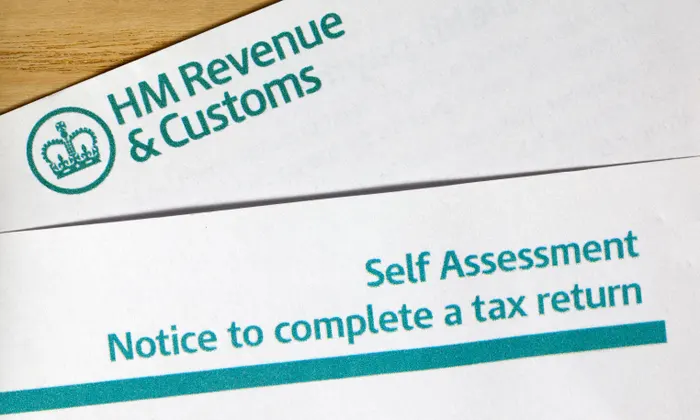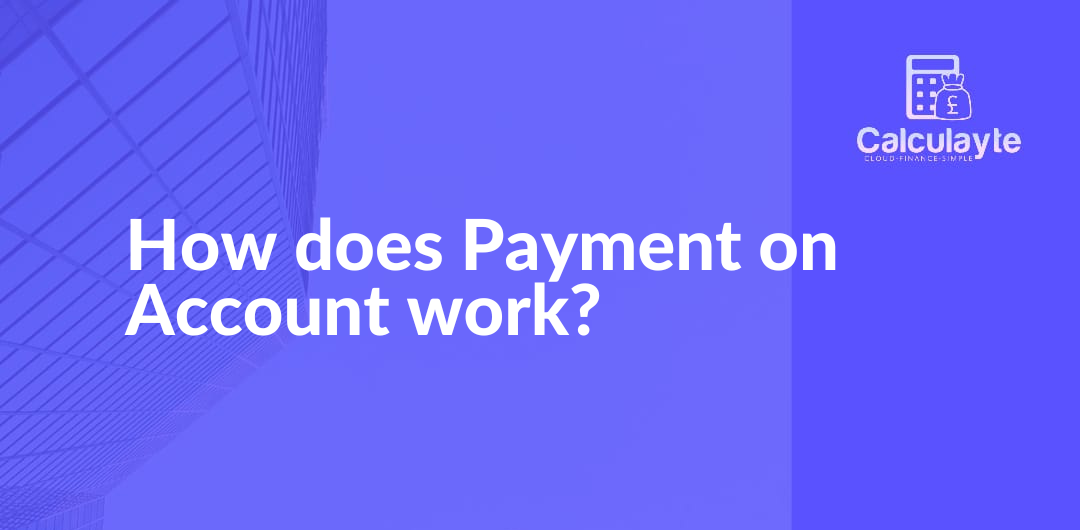What is Self Assessment
Every year millions of people in the UK have to complete a Self Assessment by the 31st January each year. This involves completing a Self Assessment (or Form SA100) and is usually done online, though it’s still possible to file in the old fashioned way with a paper form.
Self Assessment is HMRC’s way of finding out how much Income Tax and National Insurance you need to pay. Employees have their Income Tax deducted automatically from their employment income through the PAYE system – this doesn’t happen for self-employed workers, or for some other types of income, such as dividends, pensions or income from savings and investments, which is where the Self Assessment comes in.
Have you registered with HMRC
You’ll need to register with HMRC to tell them you need to submit a Self Assessment tax return. You must register by 5th October after the end of the tax year where you are required to file a tax return – for example, if you need to file for the 2019/20 tax year, you should register by 5th October 2020. If you miss this deadline, you may have to pay a penalty.
You can register online, by post or by phone – always make sure you give yourself enough time in case anything goes wrong. To register, you’ll need your:
- National Insurance number
- Personal and business details.
After you’ve registered, HMRC will send you a Unique Taxpayer Reference (UTR) number in the post. You use your UTR to register for HMRC Online Services. HMRC will then send you a PIN number in the post to access Online Services where you can file your Self Assessment. This arduous process should become simpler when HMRC rolls out online tax services, but for now, you’re reliant on Royal Mail and HMRC to get registered.
Once you’re registered, you won’t need to re-register in the future. You’ll get a yearly reminder to file your Self Assessment until you tell HMRC that you no longer need to file, perhaps because you’re returning to full-time employment or moved abroad, for example.
Benefits of online filing
We strongly recommend that you do register for online filing, that you give yourself plenty of time before the deadline, and that you also complete and file your Self Assessment online using the online service (or get an accountant to do it for you online).
The main benefits of filing online are:
- The deadline for online Self Assessment is later – paper returns must be submitted by October 31st while the deadline for online submissions is January 31st for each tax year
- Online tax returns are immediately acknowledged by HMRC so there’s no worry about your Self Assessment return getting lost in the post
- The tax and National Insurance contributions you owe are automatically calculated for you by HMRC, and you can adjust payments
- You can easily save or print a copy for your records
- You can check your account at any time to see what tax you owe and any previous tax payments you’ve made.
How do I file my Self assessment tax return
You’ve registered with HMRC, you’ve got all your logins and passwords. The exact amount you will have to pay on your profits from self-employment will be worked out using an annual Self Assessment tax return, which can be filled out online at Gov.uk.
We would always recommend filing your tax return as early as possible. This can be done anytime after the start of the new tax year, so long as you’ve registered and received your Unique Taxpayer Reference (UTR) code and log in details from HMRC. Leaving it to the last minute could result in a stressful festive season, and filing late will incur fines.
Once you’ve logged into the system, the process is not actually that daunting – so long as you’ve kept accurate records, which include all sales invoices and expense receipts. Essentially you’re just filling out a form and the system does the calculations for you. Essentially you’re just filling out a form and the system does the calculations for you. The best way to get ready for your Self Assessment is to use software to make it really easy to keep on top of your bookkeeping.



